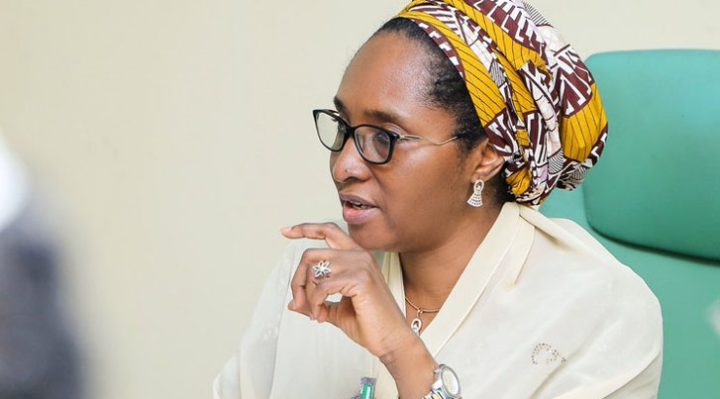…why Buhari has been able to remove fuel subsidy
The Federal Government has emphatically stated that it is not going back on its decision to remove fuel subsidy by June this year when the government would have ceased to exist.
This is in line with the 18-month extension announced in early 2022
Removing fuel subsidy is in consonance with the spirit of the Petroleum Industry Act (PIA) which stated that subsidy should be phased out in 18 months after the signing to law the Petroleum Industry Bill
The Minister of Finance, Budget and National Planning, Zainab Ahmed, disclosed this during the public presentation of the 2023 Federal Government budget.
According to the Minister, in the 2023 fiscal period, the government has made provisions for N3. 36 trillion for fuel subsidy payments to cover the first six months of this year. This, she stated, is in line with the 18-month extension announced in early 2022.
Breaking down the budget, the minister noted that the nation’s revenue performance as of November 2022 stood at N6. 5 trillion, representing 87 percent of the set target of N7. 8 trillion for the year.
An analysis of the key contributors to the revenue collection according to the minister of finance and planning, includes an N586billion collection from the Federal Government, Customs – N15billion, independent revenue collection of N1.3trillion as well as an N3.7trillion collection from other sources of revenue.
Top sectors that contributed to the growth of the economy in 2022 include Agriculture at 23 percent, information and communications technology, trade, manufacturing with the oil and gas sector contributing just about 5. 6 percent.
The depreciation in the contribution of the oil and gas sector to the economy according to the minister represents the government’s resolve to diversify the economy.
As regards tax waivers, the minister of finance announced the withdrawal of the pioneer status tax waiver for companies going forward.
She stated that a total of N6trillion had been forgone between 2021 to date under its tax waiver scheme.
The plan according to her will help shore up the federal government’s revenue.
Meanwhile, the Special Adviser to President Muhammadu Buhari on Media and Publicity, Femi Adesina has explained why his principal could not remove fuel subsidy until now even after describing it as a fraud.
“Each time there is an effort to fight the fraud in the subsidy regime, you have to contend with labour, you have to contend with the people. The government needed to weigh its options because of the social consequences in it,” Adesina said Channels Television’s Politics Today on Wednesday.
During his campaigning ahead of the 2015 presidential election, Buhari had questioned the justification behind retaining fuel subsidy and described it as a fraud.
However, about eight years after, the Buhari administration announced recently that subsidy removal will come into effect in June 2023 after he must have completed his two terms in office.
Adesina blamed his principal’s inability to remove subsidy on Premium Motor Spirit also known as petrol on economic and social factors.
“In the beginning, his (Buhari’s) position was: what was subsidy really? But over the years it became evident that the country was bleeding, the economy was bleeding, there was a lot of hemorrhage which needed to be stopped and the time came and that time is now,” Adesina said.
The presidential aide also said that petrol subsidy had stayed longer than required. He added that almost every Nigerian has now come to the realisation that it must come to a stop.

